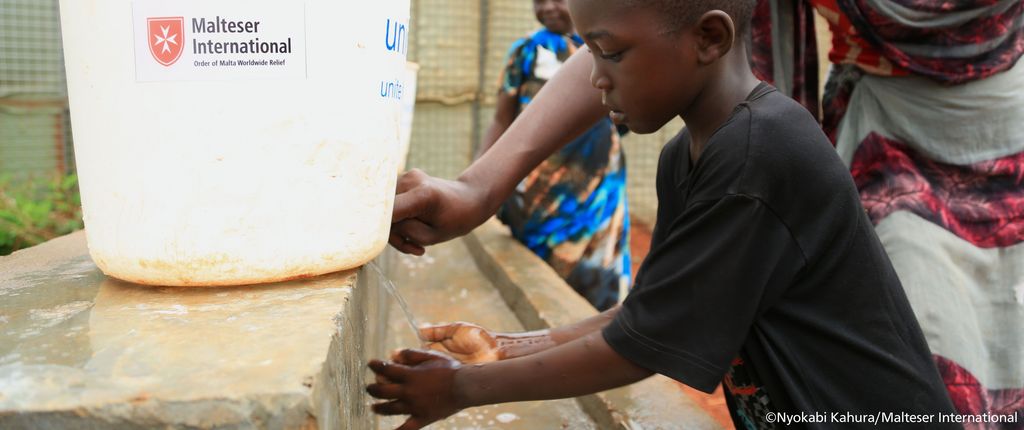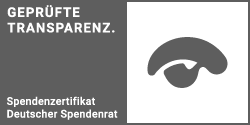
South Sudan: Safe water, sanitation and hygiene
Water, sanitation and hygiene (WASH) are linked in many ways. Poor hygiene, inadequate access to clean drinking water, and lack of sanitation facilities cause millions of the people to die from preventable diseases each year, and children are particularly affected. In South Sudan, one third of children under the age of five suffer from diarrhoea. Continuing conflict and neglect in the country have also made access to clean water scarce, a situation that often leads to intercommunity conflicts.
We are constructing latrines to help reduce the spread of waterborne diseases, especially for children. In partnership with local communities, we are establishing fair water distribution systems which will also cut down the high costs of buying drinking water as well as medical costs to treat preventable diseases. We are also raising awareness on safe hygiene and better sanitation to improve the overall health condition of vulnerable communities.
The 2018 Humanitarian Needs Overview reports that 90% of South Sudan's population has no access to safe sanitation, making it the country with the lowest access rates. Fewer than half of the country’s primary schools have access to safe potable water and only 17 percent have acceptable latrines. In South Sudan, the risk of contracting waterborne diseases like diarrhoea, cholera, hepatitis, typhoid, or Guinea worms is one of the highest in the World.
- Reduction in the spread of waterborne diseases
- Improved access to clean drinking water and better sanitation facilities in schools
- Development of a fair water distribution system
- Installation of community managed water kiosks to supply 15,000 people with affordable and safe drinking water
- Erection of 20 blocks of public sanitation facilities in public places, schools and health facilities
- Installation of solar lighting systems in public sanitation facilities to ensure safety for girls and women
- 15,000 people are trained as multipliers on proper hygiene behaviour
Country info
Capital: Juba
Area: 644,329 km²
Population: ca. 12 million
Project data
Project duration:
Since July 2017
Financing: United Nations International Children's Emergency Fund (UNICEF)
Last updated: August 2018








